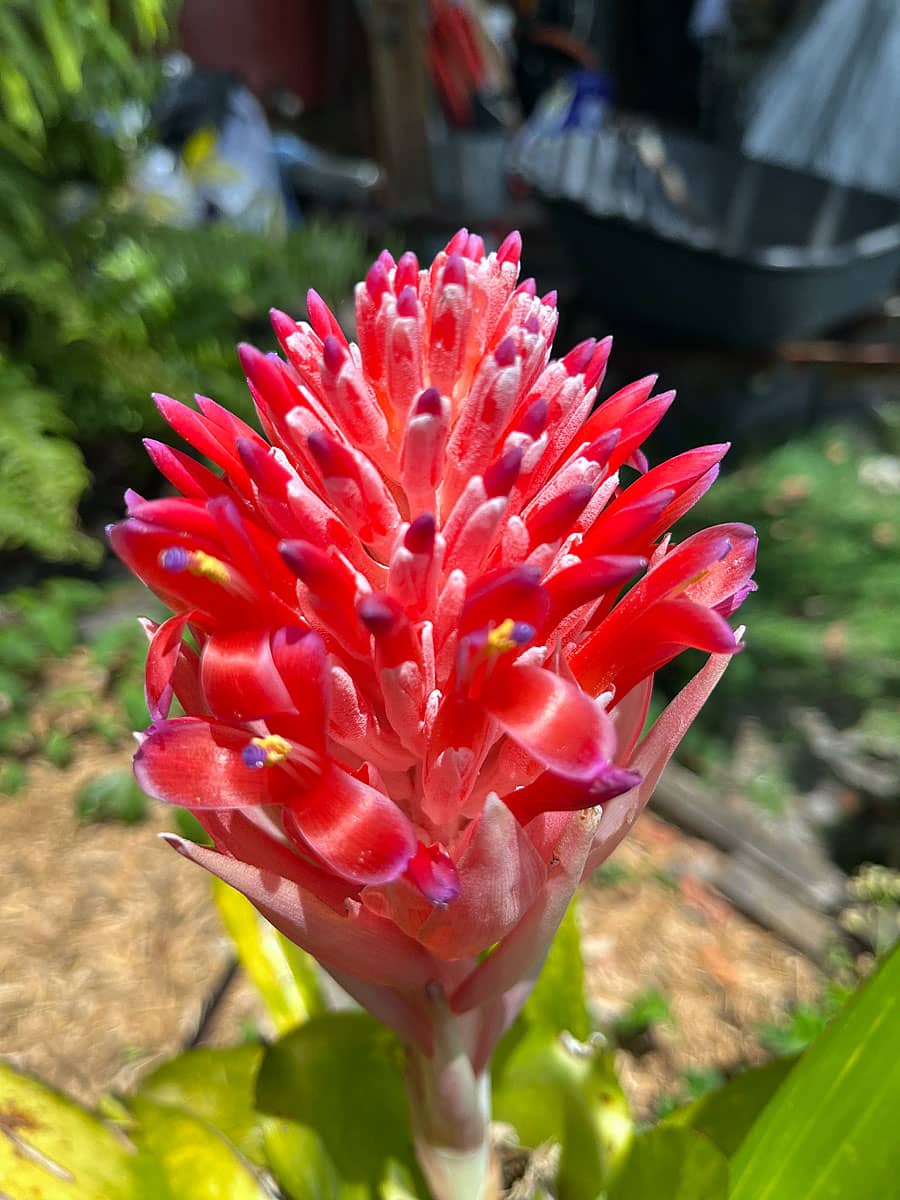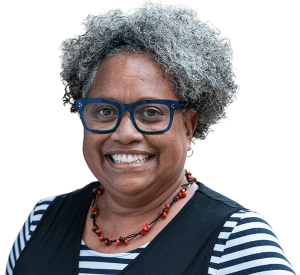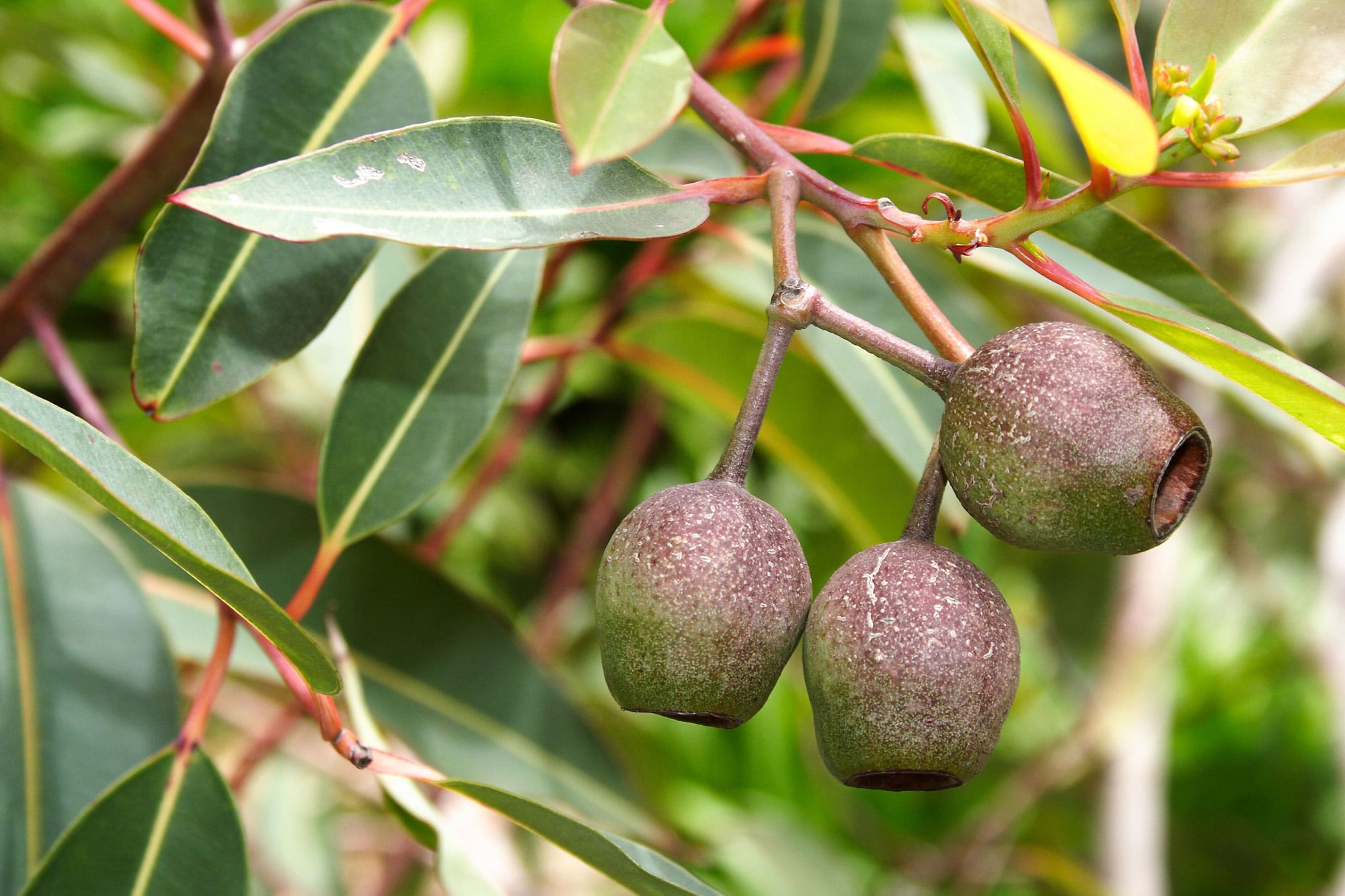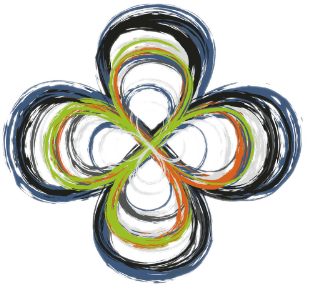About Us
About the Learning Centre for Changing Systems
About
Mission & Values
People
Publications
Clients & Testimonies
About
Welcome to Learning Circles for Change, where our mission in benefiting Indigenous families and communities is by championing impactful transformations through the reclamation of Indigenous system thinking practices. Our goal is to ensure future generations enjoy a quality of life free from violent oppression and trauma, transcending race-based issues.
At the Learning Circles for Change, we employ innovative approaches such as talking circles, yarning, storytelling, and visual stories to guide organisations and individuals on a journey of profound discovery. Our focus is on making the unknown known, unveiling invisible systemic factors, paradigms, and mental models. By thinking differently and collaborating, we advise, design and walk alongside the implementation of changes in systems, structures, practices, and services.
As a 100% Indigenous-owned business, we bring over 100 years of collective experience across government, non-government, higher education, community-controlled, and international sectors. Our work is guided by an Indigenous sciences and worldview, with Western sciences through a two-way learning approach that cultivates creative solutions to complex problems.
Our collaboration extends to exploring impactful ways of disrupting, dismantling, and decolonising systemic barriers that perpetuate social inequalities and health disparities. We support individuals and organisations in:
Uncovering Assumptions: Identifying deeply held assumptions ingrained in deficit policies, procedures, practices, and structures.
Two-Way Learning: Understanding, collaborating and identifying leverage points to change services and practices.
Expert Research Advice: Providing research expertise from an Indigenous standpoint in a culturally safe environment.
System Level Interventions: Partnering with researchers to create evidence for effective system-level interventions.
Specialising in Indigenous affairs public policy and programming, we prioritise working with communities to incorporate Indigenous ways of being, knowing, and doing into system-level changes. Carmen, co-founder of the Learning Centre for Systemic Change & Research, developed a passion for addressing complex issues while working in the NSW Government.
With over two decades of experience in system change, Carmen is now a scholar and researcher dedicated to transformative practices.
Our unique methodology, Two-Ways-Proppa-Ways©, grounded in Indigenous Knowledges and cultures, combines with Western sciences to offer a systems change framework. Through immersive discovery, we create a safe learning environment, addressing issues like racism and systemic institutional racism by applying Indigenous worldviews and action research approaches.
Truth-telling is at the core of our work, where we provide evidence and facts to historical and current issues, particularly in:
Government Solutions: Applying system change methods to tackle complex issues.
Supporting First Nations Staff: Assisting First Nations employees navigating ‘white’ systems.
Research for Evidence: Creating an evidence base for system change inquiries.
Our primary customer segment is governments, especially First Nations employees seeking solutions to complex issues. We address issues such as organisations dancing around race and racism, providing transformative solutions that go beyond individual approaches. Our awesome solution is Carmen’s Systemwide Translational Model of Practice (CSwTMoP), a scientifically informed system change methodology rooted in Indigenous worldviews.
Our unique value proposition lies in our commitment to partnering with governments, institutions, and individuals to transform services in a culturally safe and impactful manner. With decades of impactful leadership, we offer a blend of Indigenous Knowledges and Cultures, coupled with extensive experience in systems change, providing organisations and individuals the opportunity to challenge both personal and systemic impediments. Join us on a transformative journey at Learning Circles for Change.
Bringing you into our space
Being a dedicated force committed to centring Indigenous Knowledges and Indigenous Cultures in our pursuit of transformative societal change, specifically aimed at benefiting Indigenous Australians. We are driven and dedicated to reforming existing systems, ensuring they embody the richness and authenticity of Indigenous wisdom.
In our journey for meaningful impact and change, we will invest in initiatives that are designed to actively contribute to the restoration and reclamation of Indigenous Knowledges and Cultures, encouraging and nurturing First Nations profound ways of being, knowing, and doing that define our unique identity. Through our dedication to systemic change practice, we strive to create a harmonious and inclusive future that respects, celebrates, and uplifts the Indigenous culture of Australia.

Relational accountability to our ways of knowing, being and doing
At the core of our business are values that are deeply rooted in an Indigenous worldview, embracing ways of being, knowing, and doing. In alignment with Aboriginal scholar, Rigney’s three principles*, our business upholds cultural obligations, exemplifying a commitment to:
Reciprocity | Respect | Responsibility | Relationality | Reverence
As we engage with the narratives shared by our participants, we practice these 5Rs above, creating a secure environment for effective two-way learning.
Our purpose is driven by the pursuit of social, economic, cultural, and political equality and equity for our community, our mob. A percentage of our revenue directly supports Indigenous communities, aligning with our mission to empower them in achieving their aspirations.
Guiding our work and our actions is an Indigenous value-based perspective, encapsulated in Our LORES of the 5Rs:
- Respect: Honouring others in all our dealings.
- Relationality: Building mutually trusting and honourable relationships.
- Responsibility: Honouring our ways and traditions.
- Reciprocity: Giving back honourably when taking from.
- Reverence: Respectfully honouring those with whom we collaborate.
These cultural obligations serve as a blueprint for our behaviour, our thinking, informing our actions, and highlighting our accountability to our mob, our families, and communities. Ultimately, we strive to create positive systemic changes in service provision and delivery, embodying the values that underscore the work we do.
*Rigney’s three principles of Indigenist epistemology – schools, teachers and researchers must build community partnerships and embed Aboriginal cultures as driving force for transformative, culturally responsive education.
Resistance, political integrity, privileging Indigenous voices.
People
Associate Professor Carmen Parter
Career History: After working within my local community, I became a registered nurse, a registered midwife, and an Aboriginal Women’s Health Nurse Practitioner. I eventually entered government making policies in child protection, law and justice, and health, at the state and national levels.
After working within my local community, I became a registered nurse, a registered midwife, and an Aboriginal Women’s Health Nurse Practitioner. I eventually entered government making policies in child protection, law and justice, and health, at the state and national levels.
Before my academic career, I spent over ten years in senior executive leadership roles concluding such a role as the state-wide Director for Aboriginal Health in NSW. Nationally, I was chair of the Australian Health Ministers Advisory Council’s Aboriginal and Torres Strait Islander Health Standing Committee (2011 – 2015), which led to changes to the quality and safety of national healthcare standards 2nd Edition. In 2015, the School of Nursing and Midwifery at the University of Sydney appointed me as an Adjunct Associate Professor. In 2022, an Honorary Academic Associate Professor appointment was provided by Macquarie University, where I am now an Associate Professor.
I completed a PhD with a research interest concerning how organisations actively eliminate racial discrimination and structural and institutional racism while embedding Indigenous knowledges and cultures of ways of being, knowing and doing into health and human services.
I wear many hats, including the former inaugural co-Chair of the Indigenous Working Group of the World Federation of Public Health Association (2017-2021), a community member with Lowitja Institute of Aboriginal and Torres Strait Islander Health Research (2019-present), and an ambassador for the Mayi Kuwayu longitudinal study that is quantifying the association of cultural factors to the health and wellbeing outcomes for Indigenous Australians
(2018-present). I was co-Chair of the organising committee responsible for planning the 2022 Population Health Congress. Moreover, I have been awarded a Fellow of the Australia Public Health Association of Australia, including a Fellow of the Congress of Aboriginal and Torres Strait Islander Nurses and Midwives (CATSINaM) where in 2022, I was acknowledged for being a founding CATSINaM member.
I received an international Indigenous Inquiry emerging researcher award in recognition of my scholarly relational work with community that honours their voices and knowledges (2022).
I am a granny to three beautiful girls and Aunty to many. I live on the beautiful Bundjalung country in Northern NSW with my partner, where we are setting up a Foundation – Centre for Systemic Change & Research – that will contribute to Nation Building, Our Ways.
Key Achievements of Dr Parter:
- Instrumental in influencing and leading change to public policy dialogue, discourse, and narra.ves (e.g., domestic violence versus family violence and cultural determinants being innately related to Indigenous knowledges of our cultural ways of being, knowing & doing)
- Systems change practitioner, scholar, researcher, and author who has influenced impactful changes to thinking and practice (e.g., 2019 Six Aboriginal & Torres Strait Islander Quality and Safety Healthcare Standards and the NSW Aboriginal Health Plan 2010-2020)
- Production of scholarly knowledge for practice-based evidence, particularly about research translation (e.g., publications contained in PhD Thesis)
- Challenging oppressive racialised systems of racism and applying Indigenous systems sciences and thinking when tackling structural, institutional, and systemic racism (e.g., PhD Thesis, including publica.ons and my board role on Ahpra)
- At the cuttng edge of theorising and practically applying Indigenous philosophy, Indigenous methodologies and obligatory Indigenous ethical and moral practices in research, academia and the health and human services sectors. (e.g. International award mentioned above)
- Applying scholarly knowledges and research, influencing the integration of a range of initiatives designed to ensure workplaces and health care is culturally safe and free of racism.
Publications
Publications
- Parter, C., Brown, S., Rix E., and Wilson, S., 2023, An Indigenous data analysis framework of practice and Carmen’s theory, (under review by Qualitative Inquiry).
- Parter, C., Gwynn, J., Wilson, S., and Skinner C.J., 2023, Pu1ng Indigenous cultures and Indigenous knowledges front and centre to clinical practice: Katherine Hospital case study (under review by International Journal of Environmental Research & Public Health)
- Henson, C., Rambaldini, B., Parter, C., et al, 2023, Wearables for early detection of AF and timely referral for Indigenous people > 55years: Protocol, (under review by BMJ)
- Parter, C., Rambaldini, B., Wilson, S., Gwynn, J., Skinner, C.J., and Calma, T., (2023), Heal country, heal our nation: Talking up racism, Australian & New Zealand Journal of Public Health
- Parter, C., Murray D., Mohamed J., Rambaldini B., Calma, T., Wilson, S., Hartz, L.D., Gwynn J., and Skinner, J., 2021, Talking about the ‘r’ word: A right to a health system that is free of racism, Public Health Research and Practice, 30(1).
- Parter, C., and Wilson, S., 2021, My Research is My Story: A methodological framework of inquiry told through storytelling by a Doctor of Philosophy student, Qualita.ve Inquiry, 1-11.
- Parter, C., Wilson, S., Gwynn, J., and Hartz, D. L., 2020, A research protocol – Indigenous cultures, saves lives – Australian Indigenous cultural views and knowledge in health policy: A case study – The National Aboriginal and Torres Strait Islander Health Plan 2013 – 2023, Journal of Indigenous Wellbeing, 5(1).
- Parter, C., Wilson, S., and Hartz, D.L., 2018, The Closing the Gap (CTG) Refresh: Should Aboriginal and Torres Strait Islander culture be incorporated in the CTG framework? How? Australian and New Zealand Journal of Public Health, Vol. 43(1).
- Young, C., Gunasekera, H., Kong, K., Purcell, A., Muthayya, S., Vincent, F., Wright, D., Gordon, R., Bell, J., Gillor, G., Booker, J., Fernando, P., Kalucy, D., Sherriff, S., Tong, A., Parter, C., Bailey, S., Redman, S., Banks, E., and Craig, J.C., A Case Study of enhanced clinical care enabled by Aboriginal health research: the Hearing, Ear health and Languages Services (HEALS) project, Australian and New Zealand Journal of Public Health, Vol40(6), 2016.
- Parter, C. And Brown, K., 2012, How can we do things differently in Aboriginal Health? The same challenges seen through new eyes, NSW Public Health Bulletin, Vol. 23(3-4), NSW Government.
- Parter, C., Gassner, L., Atkinson, S. and McKendrick, C., 2012, Developing an Aboriginal Health Plan for NSW: the consultation process, NSW Public Health Bulletin, Vol 23(3-4), NSW Government.
- Stewart, J., Parter, C. and Maher, L., 2012, Building a strategic approach to improve Aboriginal Health research and evaluation in NSW, NSW Public Health Bulletin, Vol23(3-4), NSW Government.
- Parter, C., 2005, Cultural Dimensions in Policy Development: A Case Study, The NSW Aboriginal Justice Plan, Public Administration Today, Issues 4: July – September 2005.
Research Outputs – Conferences
- Parter, C., Maintaining Our Sovereignty in a health system that is NOT free of racism, CATSINaM Regional Congress, 29-30 November 2023
- Fuller, J., Yow Yeh K., and Parter, C, International Association of Medical Regulatory Authorises, Cultural Safety at Australian Health Practitioner Regulatory Agency, 6-9 November 2023
- Parter, C., Dental Board of Australia, What’s next for cultural safety which aims to eliminate racism? 8 September 2023
- Parter, C., Western Sydney Local Health District Staff Conference, We must learn to listen, to learn to hear, to learn “Our Ways’: Impacts of racism on Aboriginal health workforce, 21 December 2022
- Parter, C., HETI Connections Forum 2022, A call to arms – Interpreting and applying the Aboriginal cultural determinants of health in Aboriginal maternal, infant, child and family health services, 18 May 2022
- Parter, C., and Skinner, C.J., Implementing Indigenous cultures and knowledges: A public policy dilemma, 16th Virtual World Congress of Public Health, Rome, Italy, 12 – 17 October 2020
- Parter, C., Wilson, S., and Skinner, C.J., 2020, Storywork – An Indigenous Research Methodology – Storytelling, Stories and Storying: A PhD Student’s Experience, 16th International Congress of Qualitative Inquiry, Illinoi, US
- Parter, C., 2019, Authenticating the centrality and validity of my Indigeneity and Indigenist standpoint – A Doctor of Philosophy student’s story, Maroi Doctoral Conference, Dunedin, Aotearoa New Zealand (unpublished)
- Parter, C., and Wilson, S., 2019, My Research is My Story, Lowitja Institute International Health & Wellbeing Conference
- Parter, C., 2018, Key Note-Culture is life for Indigenous Australians: Approaches that enable Aboriginal and Torres Strait Islander culture for better health outcomes-A public policy perspective. Australian Public Health Conference – Leadership in public health, challenges for local and planetary communities
- Parter, C., 2016, Indigenous Culture, Saves Lives – Australian Indigenous Cultural Views and Knowledges in public health policy, Lowitja Institute International Health and Wellbeing Conference
Clients & Testimonies
- Speaking engagements: Keynote addresses, guest speaker and / or panel member at conferences, symposiums, and forums as well as master of ceremony and award presentations
- Collaborate to explore impactful ways of disrupting, dismantling, and decolonising systemic structural barriers that sustains social inequalities, health and wellbeing inequities
- Facilitation services: Workshops, lectures, and training especially around planning or designing programs and services

